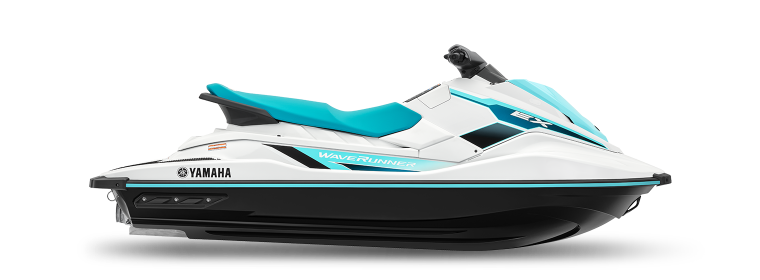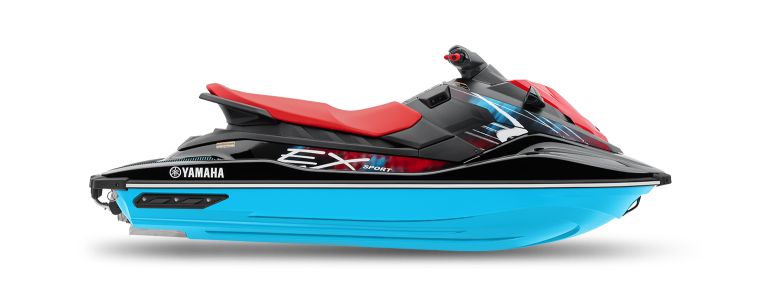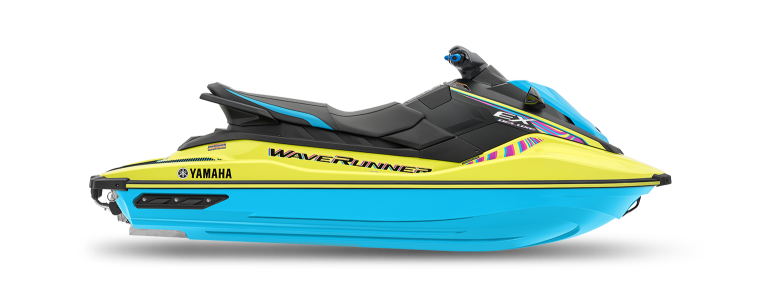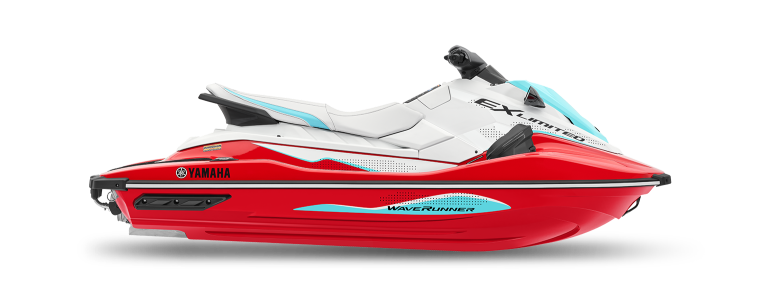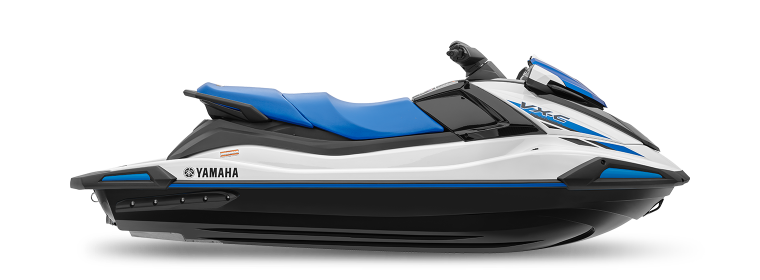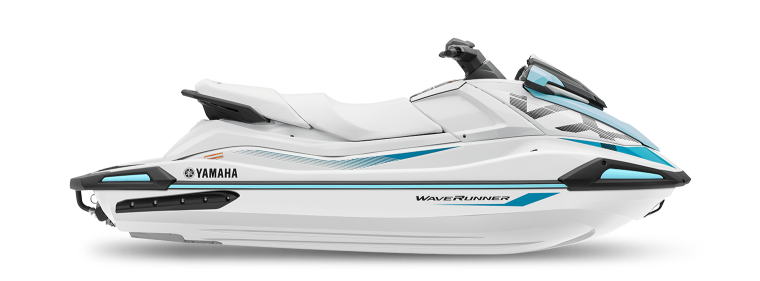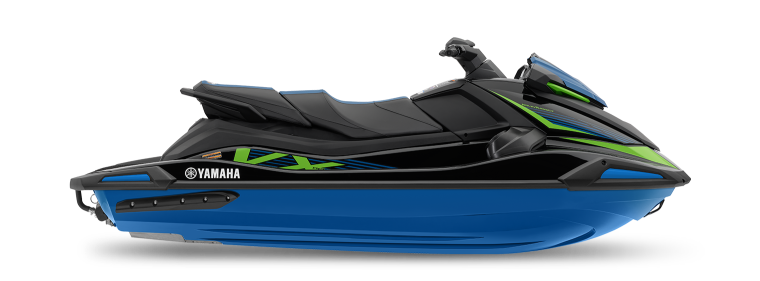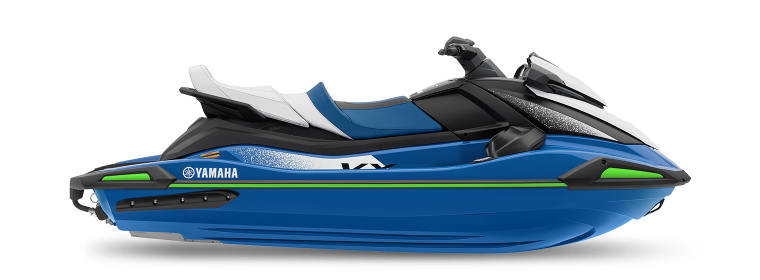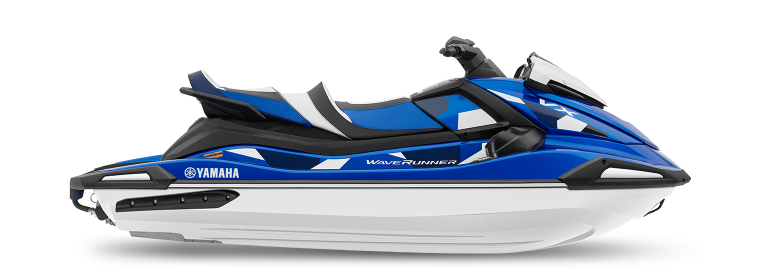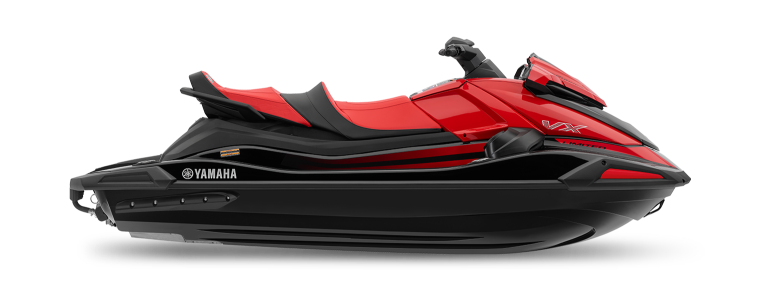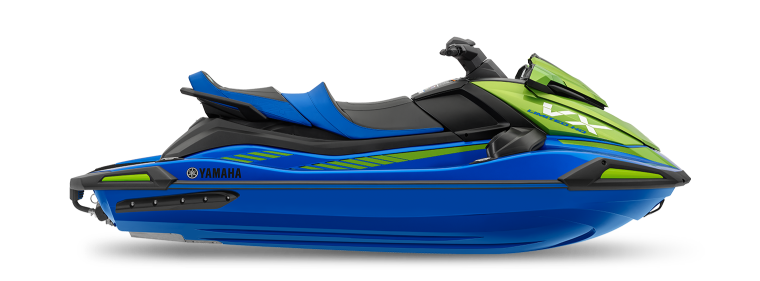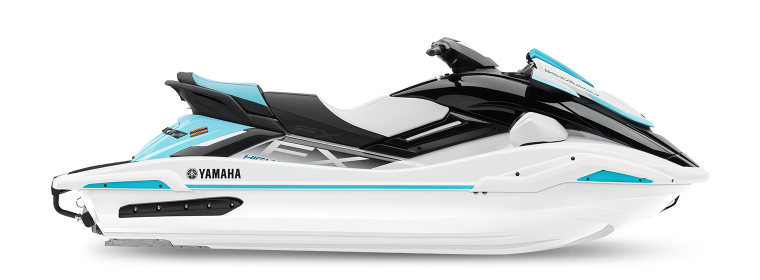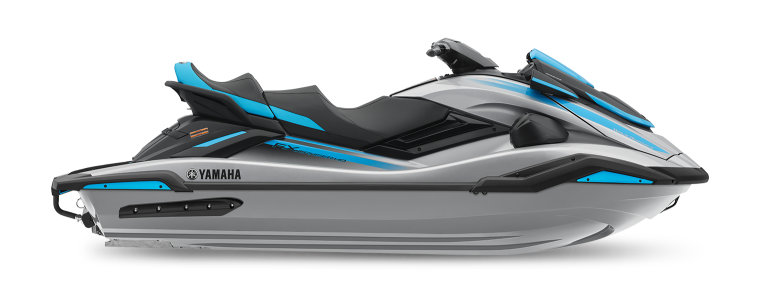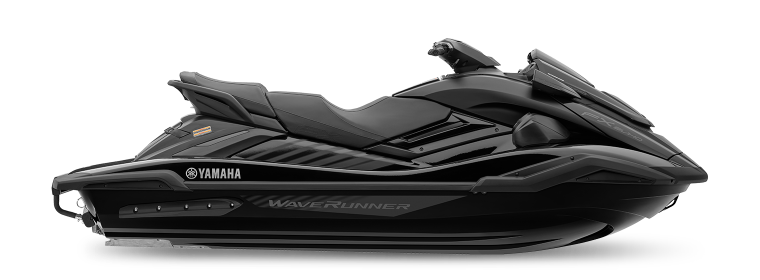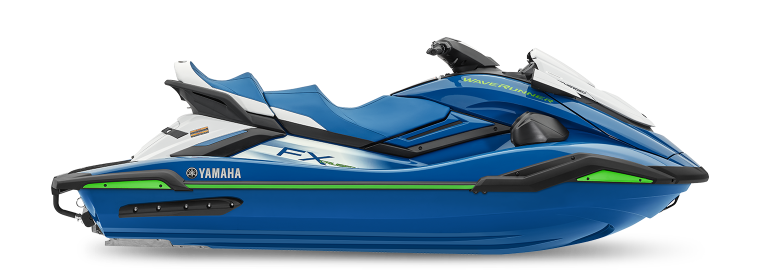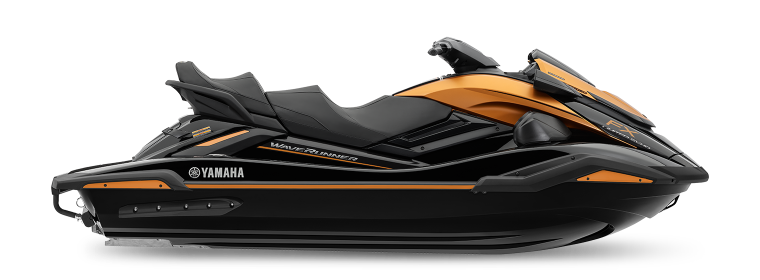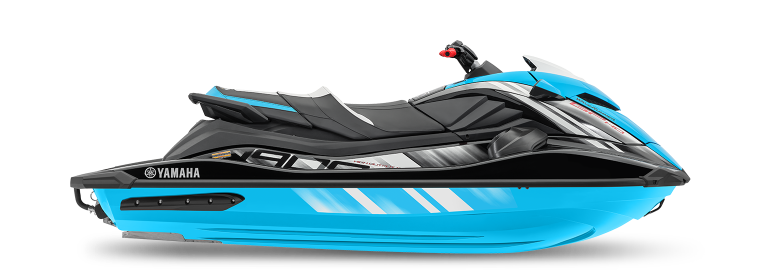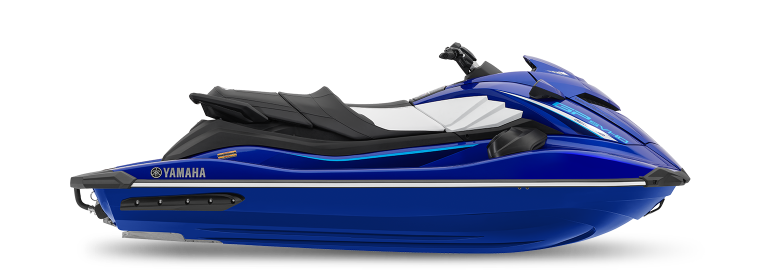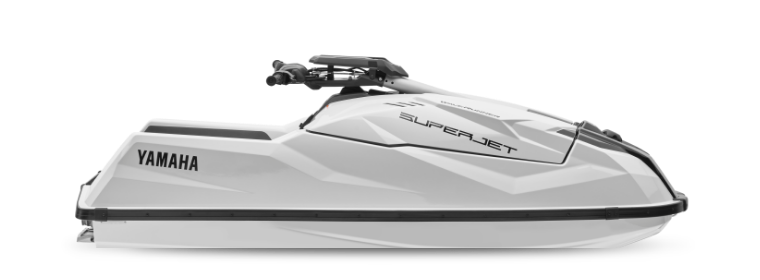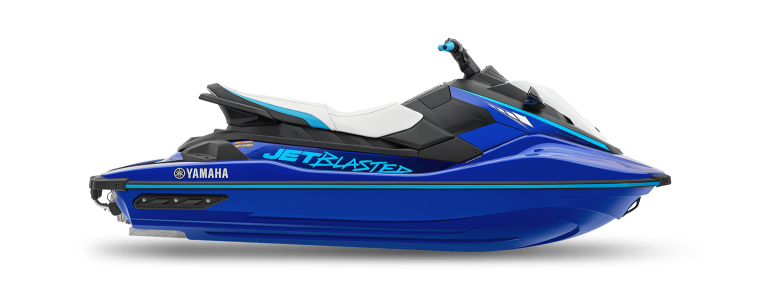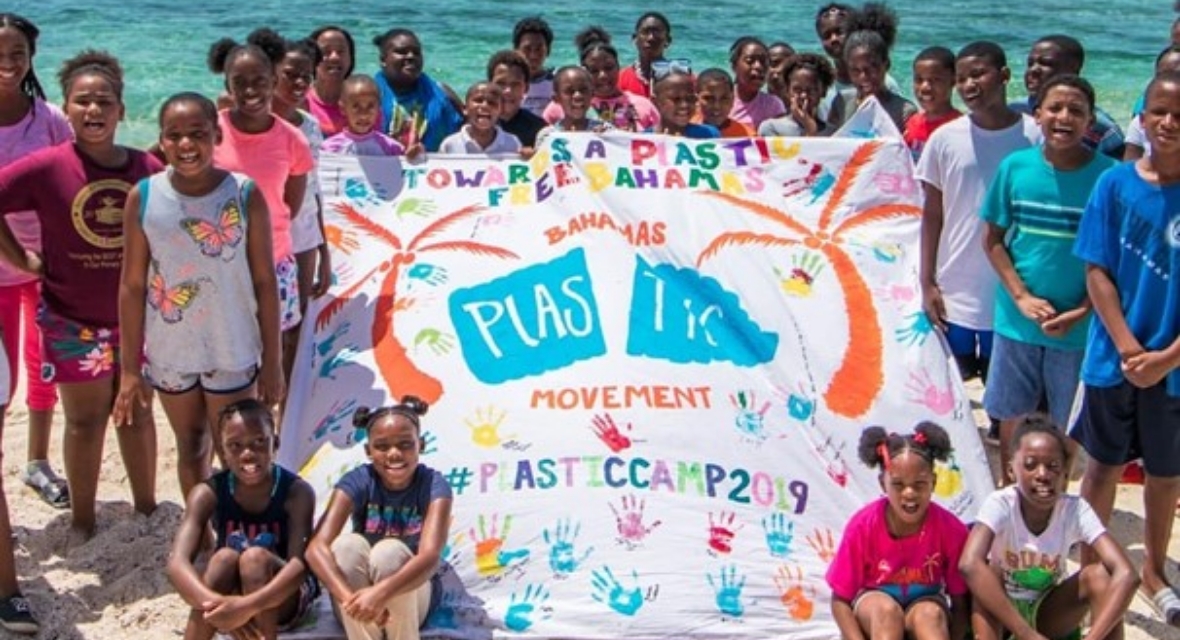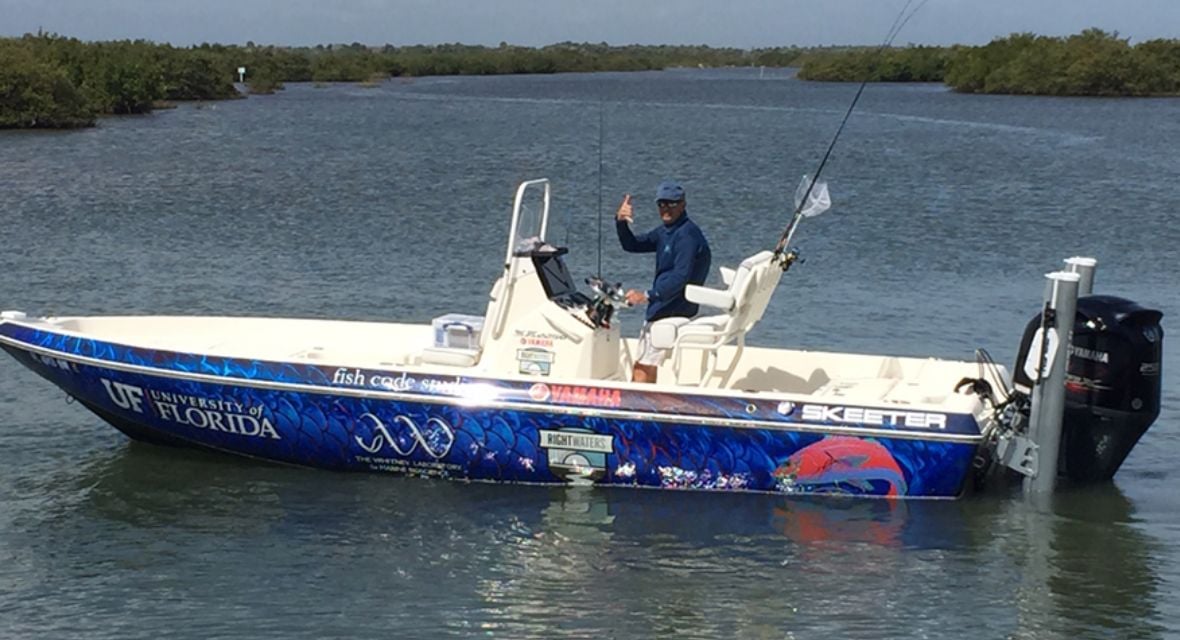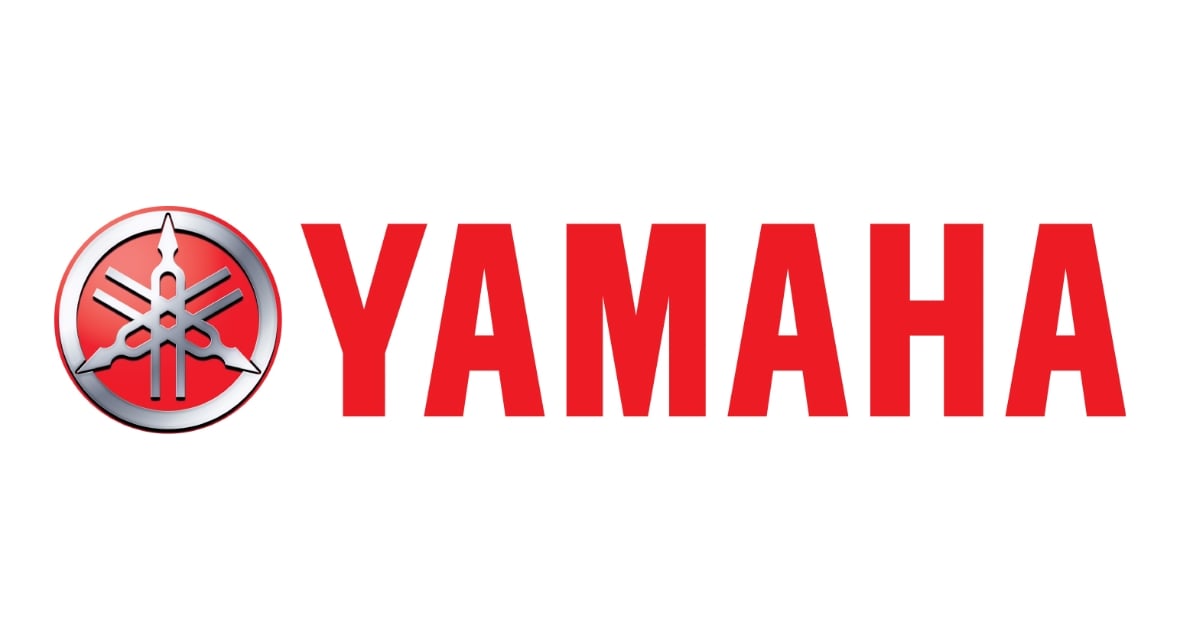Promoting Product Education
What we do impacts the waters we love. By taking the first steps for proper care and maintenace, as well as practicing clean boating, we will work together to create a sustainable future for our planet.
FAQs
Discover Boating put together some helpful tips for Clean Boating. Follow these best practices to support a healthy marine ecosystem for everyone.
Secure an oil-absorbent pad or pillow in your bilge and under your engine where drips may occur. Check the pads often, do not let them clog the bilge pump, and dispose of them as hazardous waste at a marina or local hazardous waste collection center.
No matter what type of power system your boat has, for oil changes:
- Use an oil change pump to transfer oil to a spill-proof container;
- Then take the used engine oil to a recycling facility;
- When you remove the oil filter, wrap a plastic bag or absorbent pad around it to prevent oil from spilling.
A well-tuned and maintained engine will maximize fuel efficiency. Not only does this help reduce your carbon footprint, it also saves you money since you’ll go farther and faster on every gallon of gas.
Also be sure to visually inspect parts of the boat’s propulsion system, like fuel tanks and supply lines, that have the potential to leak as they age. If you spot any problems, have them fixed immediately.
Prevent fuel spills by filling fuel tanks slowly and using absorbent pads or rags to catch drips and spills. Don’t "top off" or overflow your fuel tank. Leave the tank 10 percent empty to allow fuel to expand as it warms.
If you do spill fuel (or oil), never use soap to disperse it. It increases harm to the environment, and it is illegal. In the case of fuel spills, notify the marina management for immediate assistance. They should have the equipment on hand and a procedure in place to act quickly to address the problem. In the case of a significant spill call or contact the Coast Guard National Response Center at 800-424-8802.
If possible, save maintenance projects for when the boat’s on dry land. When you do have to perform work on the water:
- Minimize your impact by containing the waste;
- Use tarps and vacuum sanders to collect all drips, dust, and debris for proper disposal.
Even the simplest maintenance chores, like cleaning the boat, can have an impact on the water, so be sure to use non-toxic, phosphate-free boat soaps. In cases where caustic cleaners are necessary, pull the boat and do the job on dry land where it’s much easier to contain spills and messes.
Obviously, to leave clean wakeprints, we all need to be careful to keep our trash contained onboard and dispose of it properly. Just as important, however, is where hazardous waste ends up.
Paints and used brushes, batteries, antifreeze, cleaning products, oil, oil filters, old fuel, and other hazardous wastes need to go to the proper local facilities, not the trashcan in the marina parking lot. If you’re not sure where to take them, ask around at the marina or call your local municipality’s department of public works.
And if you live in a climate where boats get winterized, don’t forget that used shrink wrap shouldn’t be shoved into any old trash dumpster, either, because it’s a recyclable material. You may need to remove things like straps, vents, and zippers, but most recycling centers accept shrink wrap and many of the larger marinas will have a dedicated place to leave it for pick-up.
It’s illegal to discharge untreated sewage from a boat within three miles of shore, and it’s illegal to discharge treated or untreated sewage in no-discharge zones, many rivers, and impoundments.
These days, however, most marinas and harbors have pump-out stations. If you have a portable MSD aboard your boat, you can use a pump-out station to empty it or carry it onto land and use a bathroom.
This can be a big issue or not an issue at all depending on where you do your boating, but anywhere there’s marine life on the bottom, boats and especially anchors can have dramatic impacts.
In some areas (such as on Florida’s coral reefs) it’s actually illegal to anchor because of the damage it can do to the corals. But anchoring isn’t the only issue. Boats can rip “prop scars” in shallow weed beds, churn muddy bottoms and cause cloudy water, and disturb shellfish beds.
Study up on the waters you rove, to make sure you’re being kind to the benthic brethren that live there.
This is another topic that’s relevant to where you live. The concern is biggest for inland trailer-boaters, but can also apply elsewhere: hitch-hiking invasive species can jump from one body of water to another via your boat.
The best way you can help prevent this is to "Clean, Drain, Dry":
- By inspecting your boat for plants and removing them immediately after hauling it out;
- Washing the boat down thoroughly between trips;
- Letting it dry for a several days before launching the boat in a different body of water. Also be sure to drain the bilge, livewell, raw water washdown system, and anything else that may hold water.
Lastly, don't forget to flush the motor between uses to be sure there aren't any hitchhiking invasives in that system, too.
IN THE NEWS
Check out recent Yamaha Rightwaters news and learn more about our initiatives.

